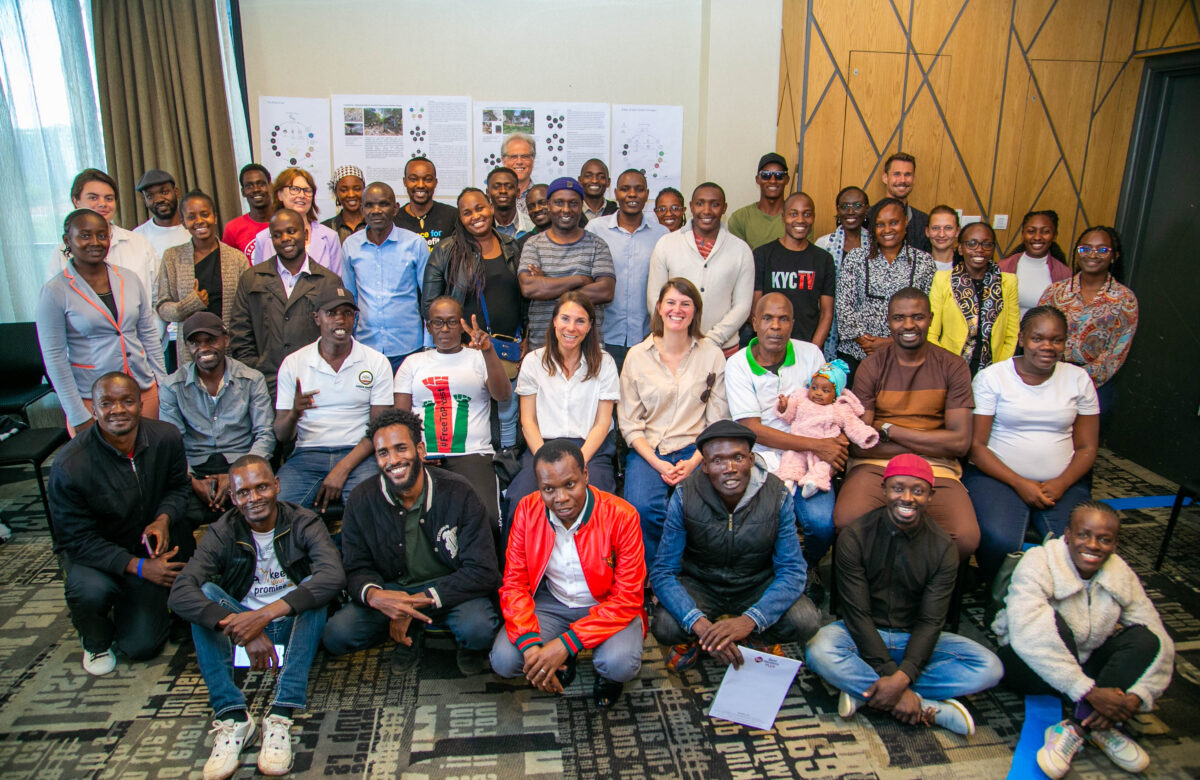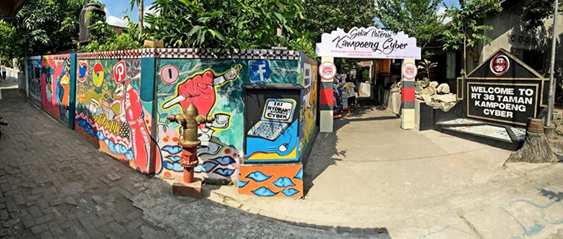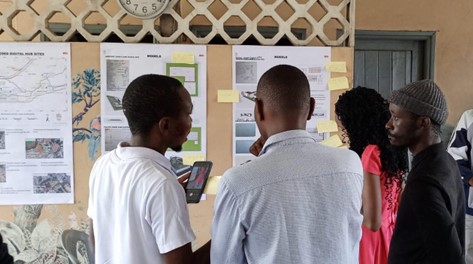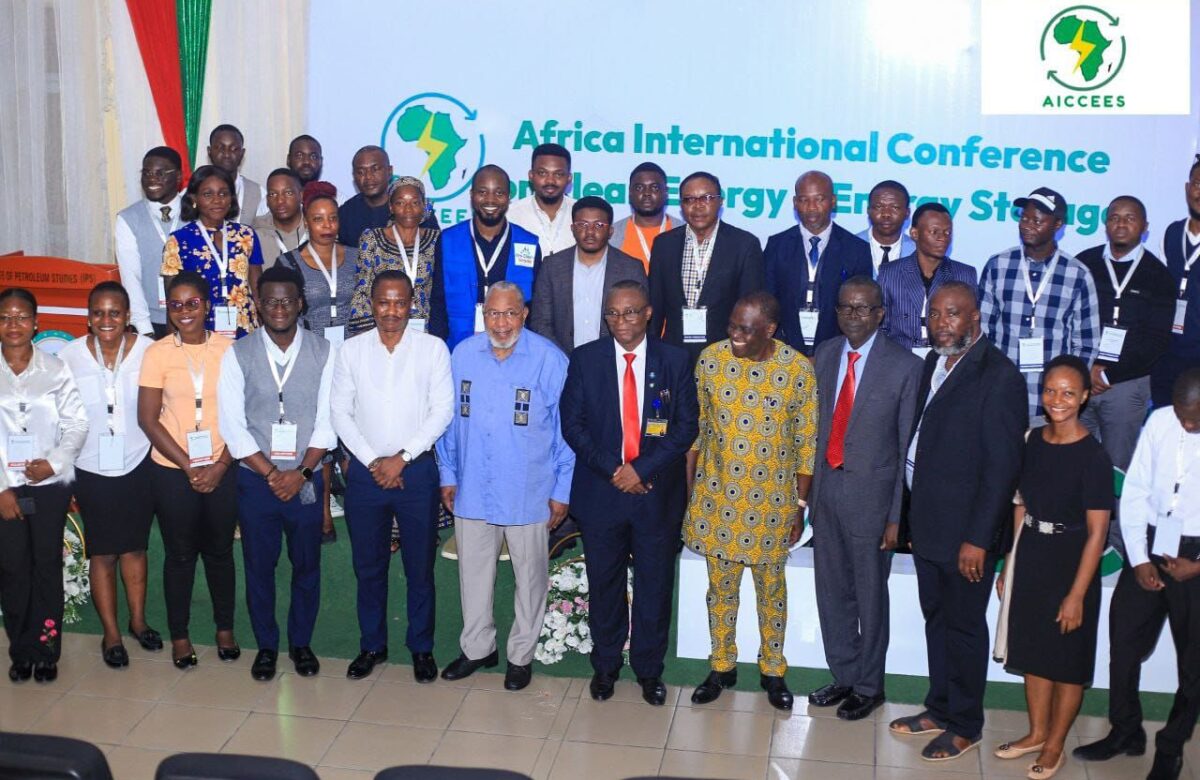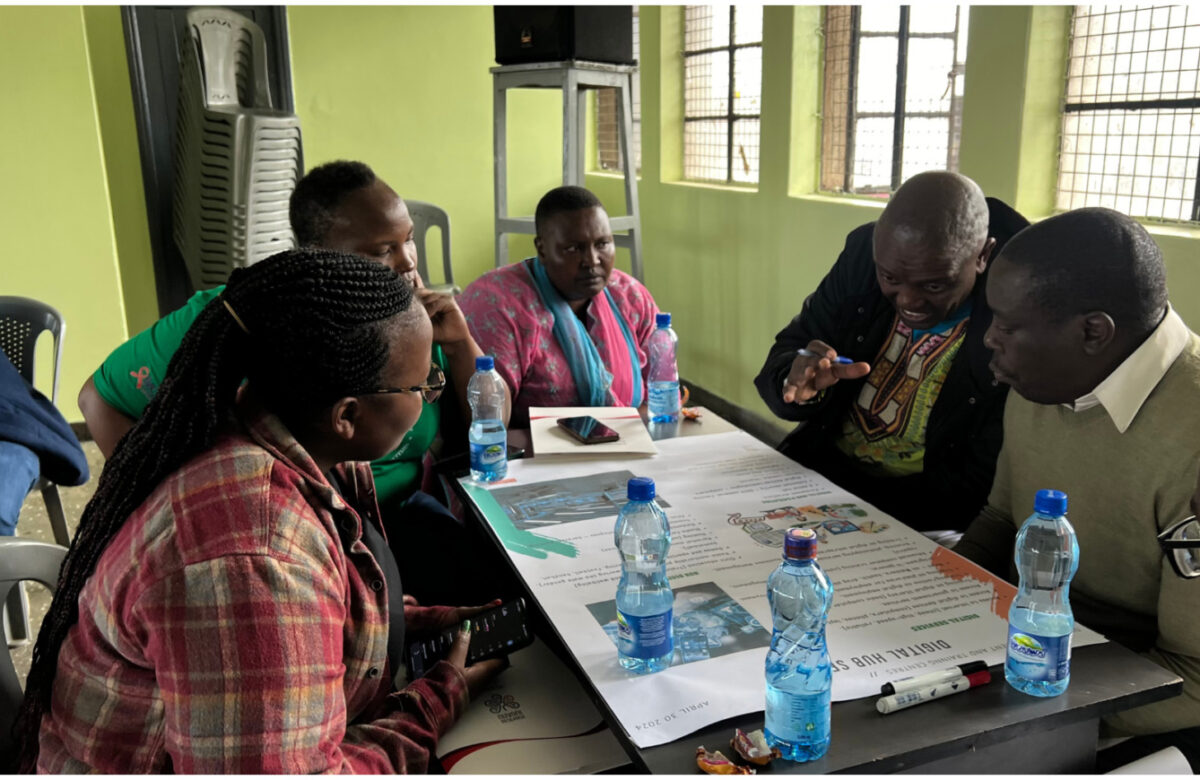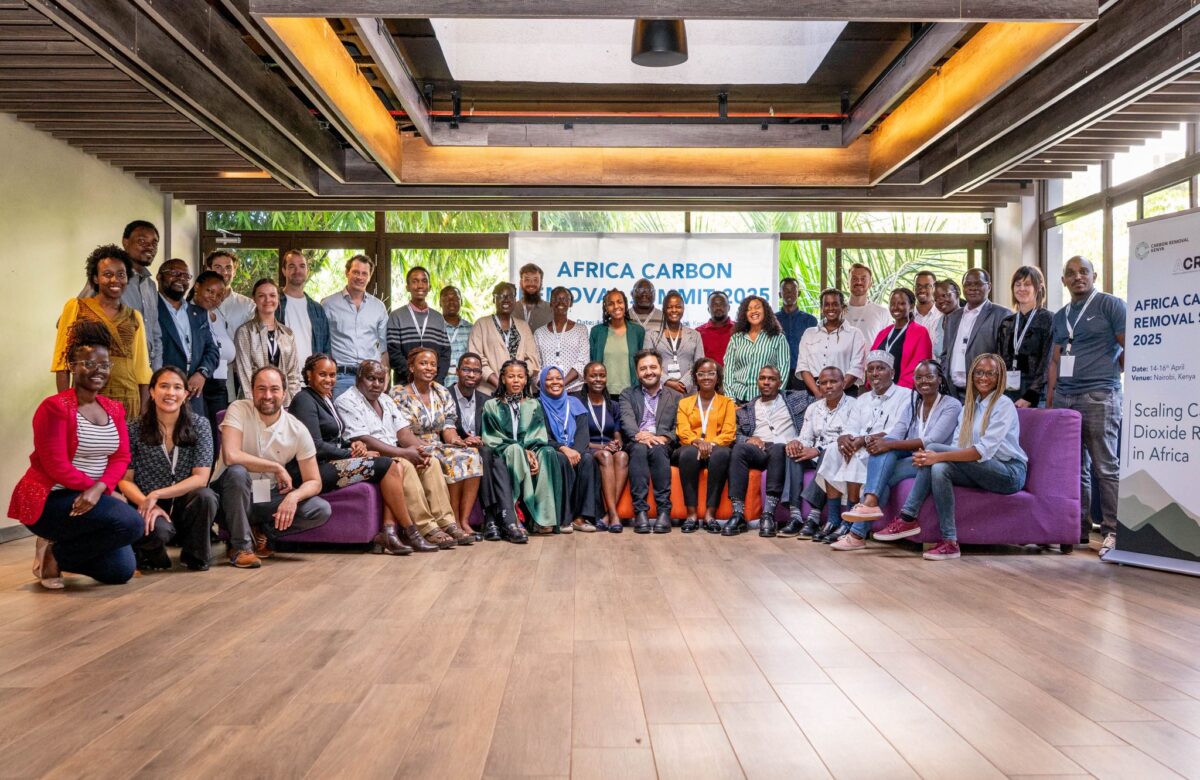Unpacking Sub-Saharan Africa's Agritech Revolution: A mapping of the ecosystem
While technological advancement continues to reshape agriculture globally, its potential in the African context is both profound and complex. Given that the agricultural sector is largely composed of resource-poor smallholders, the integration of technology faces inherent limitations, often operating at a more foundational and fragmented level. Nuvoni in collaboration with University of Wuppertal, ETH Zurich, and University of Oxford embarked on a mission to outline the dynamic and complex agri–tech startup ecosystem across the region. The idea was to:
- Understand the trends in the sector.
- Improve the visibility of the innovators behind the technology.
- Comprehend the support or lack thereof while operating within these environments.
The funding dilemma
The booming growth of the startup ecosystem in Africa is evident with Nigeria, South Africa, Egypt and Kenya dominating the market in terms of funding and success stories. However, the numbers indicate a perplexing gap. Though majority of economies within the region are agriculture dependent, foreign funding flows to fintech and healthtech. Though agri-tech startups have the potential to resolve fundamental difficulties such as food security, the enterprises struggle to gain capital as they are considered unpredictable and therefore riskier.
Where are the Innovators Looking?
Agri-tech Startup funding is heavily focused on production and retail but overlooks the farmer’s biggest leak: post-harvest losses. Billions are wasted because farmers lack the proper tools and access to get their harvest to market efficiently. High perishability of agricultural goods indicates a need for innovation towards transport, processing and storage solutions to alleviate the financial burden on the producer.
The Invisible Wall: Policy and Visibility
Perhaps our more revealing results concern the startups’ operational environment. There exists a “policy desert.” Only 8 countries in Africa have startup specific Acts. Startups are not treated as high potential, small business but are instead lumped together with MSMEs causing the developing economies to miss out on their transformational capabilities and reduce their survival probability.
Beyond policy, the startups have little online presence. The same startups that often cite the issue of capital in the ecosystem are not registered on investor platforms such as Crunchbase or even formally registered. Low visibility may severely affect a startup’s credibility and ‘investment-readiness’.
The Beginning
The mapping of agri-tech is the beginning of a finer understanding of technology within agriculture. Though this project has come to an end, there are still many unanswered questions on the ecosystem and its many actors. Technology is evolving and the more recent emergence of AI, will be noteworthy to check on the role it will serve in the economies and its different sectors. Moving from the numbers, databases and desktop research, we wish to share these and many other findings with the true experts; the founders, investors, and farmers living these challenges every day through a dissemination workshop. The workshop will serve as an opportunity for the team to refine their findings, discover what we might have missed and be informed on the pressing concerns of key stakeholders. Stay tuned for the workshop announcement.
Story by:, Stella Khaoya
Related News
Physical Address
No. MK088, Ushindi West Avenue,
Mukuyu Rd (Mukuyu West Wing), Thome 1
Nairobi, Kenya
Organization
Subscribe for newsletter & get news, events and publications updates
Contact Us
Office Tel: (+254) 20 8009928 |
Mobile: (+254) 706 324 467
© 2026 Nuvoni Research

